Former Arsenal shareholder, Alisher Usmanov, wants to invest in Everton in a bid to return to top-level football ownership.
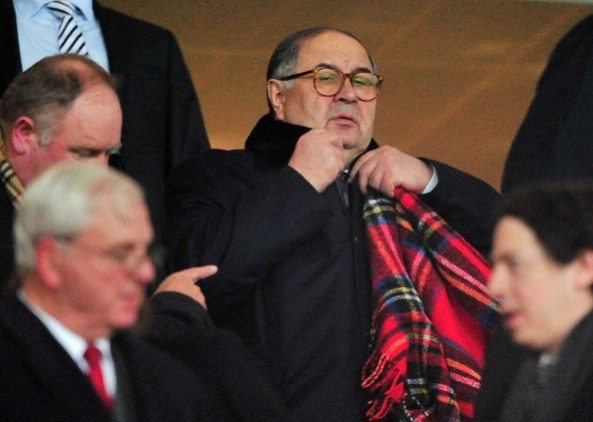
Alisher Usmanov finally gave in and accepted an offer from Stan Kroenke for his stake in Arsenal towards the end of 2018, after seemingly coming to the realisation that he would never convince the American to let go of the club.
There were reports at that time that he might buy into Everton (or even Charlton). His friend, Farhad Moshiri, had sold his stake in Arsenal so he could invest in the Tofffees in 2016. He now owns 77.7% of the Goodison Park side.
Now, however, Usmanov has confirmed he is indeed interested in investing in Everton according to quotes in Saturday’s Daily Mail.
When asked if he wanted to join Moshiri, Usmanov reportedly replied, “Yes, with great pleasure, if he asks. I am thinking about my investment in this club. They are going to build a new stadium. I could sponsor them.”
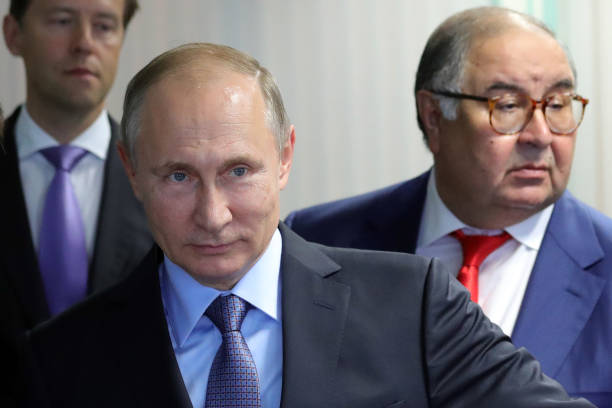
Usmanov is worth a reported £15bn and is said to be friends with Vladimir Putin. In September, 2018, he invested $200m in Pakhtakor Tashkent FK.
It shouldn’t take long to find out if there is any truth to this story. Usmanov’s people frequently get in contact about inaccurate stories that have appeared in the media. Their silence here will more or less act as confirmation in regards to the seriousness of his intent.
Private cinema, gym & spa: A look at Usmanov’s 3 superyachts
Who is Alisher Usmanov?
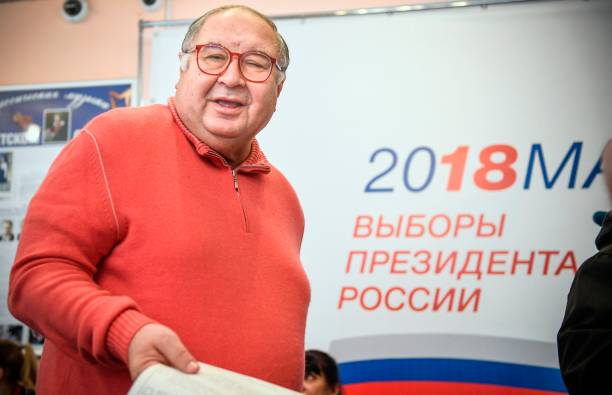
The former Arsenal shareholder grew up in a small town in the Uzbek Soviet Socialist Republic.
His father was a state prosecutor, and the young Usmanov was a sabre fencer, competing with the Uzbek republic team. He then went on to study at the Moscow State Institute for International Relations.
After that he returned to Tashkent, and the Foreign Economic Association of the Soviet Peace Committee appointed him as a director. That’s according to The Guardian, who write that it’s “widely suspected that the Peace Committee was a front for the KGB”.
That’s something Usmanov denies any involvement in. He told The Guardian that the Soviet Peace Committee story was “based on misinformation”. He also denied serving in the KGB, or any Russian or Uzbek intelligence agency.
In 1980, Usmanov was convicted of fraud and embezzlement and sentenced to eight years in jail. He served six before his release. Later, the Uzbek supreme court ruled that the original conviction was unjust, and that evidence had been fabricated. The billionaire says this was “common judicial practice in the USSR”.
After his release from jail, the future Arsenal shareholder got involved in plastics. He discovered that with one ton of polymer he could make over 30,000 bags. The polymer cost 437 rubles, the bags sold for about one each.
Understandably, he saw an opportunity and got rich.
Since then, Usmanov has moved into a number of other business ventures. He has a 60% stake in USM Holdings in the metals and mining industry. He’s also co-owner of Russia’s second-largest telephone operator, MegaFon.
Republican senators request Usmanov inclusion on US Treasury blacklist
Kommersant
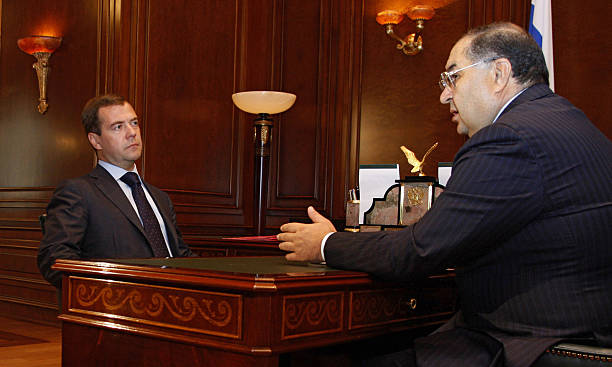
In recent years, Usmanov started investing in the media. He bought Russian newspaper Kommersant, which he still owns today. He also owns 51% of Disney Russia as well as 100& of Muz TV and the U Television channels as well as 50% of the sports channel, 7TV.
In 2011, there were a series of protests against what some Russians believed was vote-rigging in parliamentary elections. Usmanov’s magazine “Kommersant Vlast” published an article titled “Victory of United ballot-stuffers” when Putin’s United Russia party won the election.
In the article, there was a picture of a ballot paper from the vote with “Putin, go f**k yourself” written on it, with the caption: “A correctly filled out ballot recognised as invalid.”
Usmanov sacked both the editor of the magazine and the head of the publisher’s holding company. He said the issue “bordered on petty hooliganism” and the head of the Kommersant publishing house also resigned.
There was a lot of backlash from journalists who felt they were no longer able to speak their minds. 60 journalists who stayed on at Kommersant later wrote a letter to Usmanov, saying (via BBC): “We are being compelled to be cowards, which is unworthy and unproductive…We regard [the editor’s] dismissal as an act of intimidation aimed at preventing any critical words about Vladimir Putin.
“We take particular offense at the attempt to present the dismissal of a man for his professional position as a fight for the purity of the Russian language. This is the same kind of fabrication that offended people at the election.”
Usmanov responded that he could understand the journalists standing up for their managers, but “Kommersant Vlast is a respectable, independent, sociopolitical publication”.
He rejected an outside offer to buy the publication on the same day.
Arsenal fans grow more uncomfortable with Usmanov ownership as Russian ties revealed
Suppression of criticism
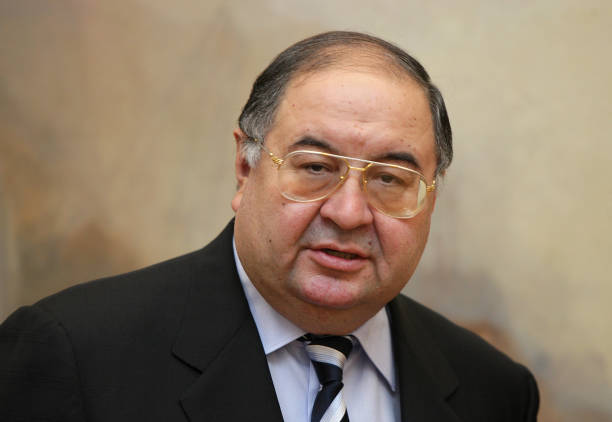
In 2007, the British ambassador for Uzbekistan claimed that Usmanov was “a gangster and racketeer who rightly did six years in jail”. He said the 64-year-old’s pardon came under instructions from an alleged drug trafficker.
In response, Usmanov’s legal team allegedly pressured the website to remove the article. They contacted independent blogs and websites asking them to remove all references to the allegations.
Later, Usmanov hired PR company RLM Finsbury, who allegedly edited his Wikipedia entry to remove any references to the above freedom of speech row. They also reportedly removed details of his overturned criminal conviction, and replaced these sections of the page with paragraphs about Usmanov’s charity work.
The company apologised and stated: “This was not done in the proper manner nor was this approach authorised by Mr Usmanov. We apologise for this and it will not happen again.”
This news was initially reported by The Times, but their article on the subject has also subsequently disappeared, and you can now only find references to the initial quotes and story in other publications and websites.
When articles disappear like this, it’s difficult to report on the way Usmanov made his fortune in the way we have for Stan Kroenke or Emirates Airlines. That won’t stop us digging, though.
Usmanov’s involvement at Everton investigated by Panorama documentary

